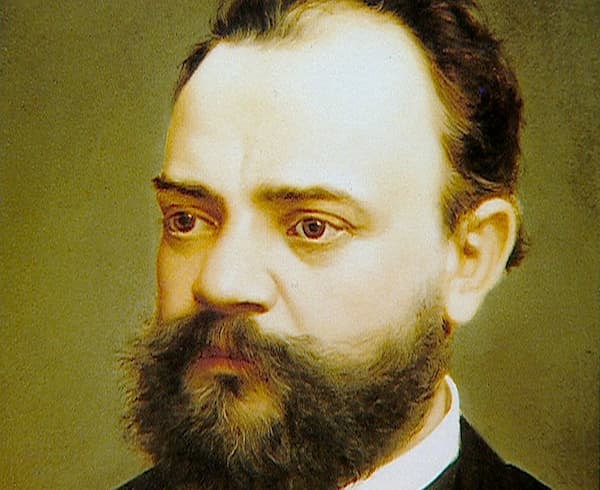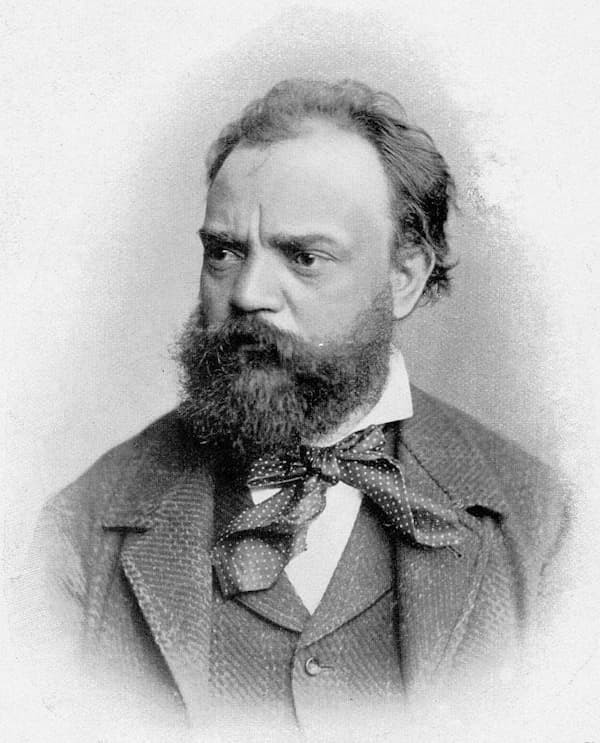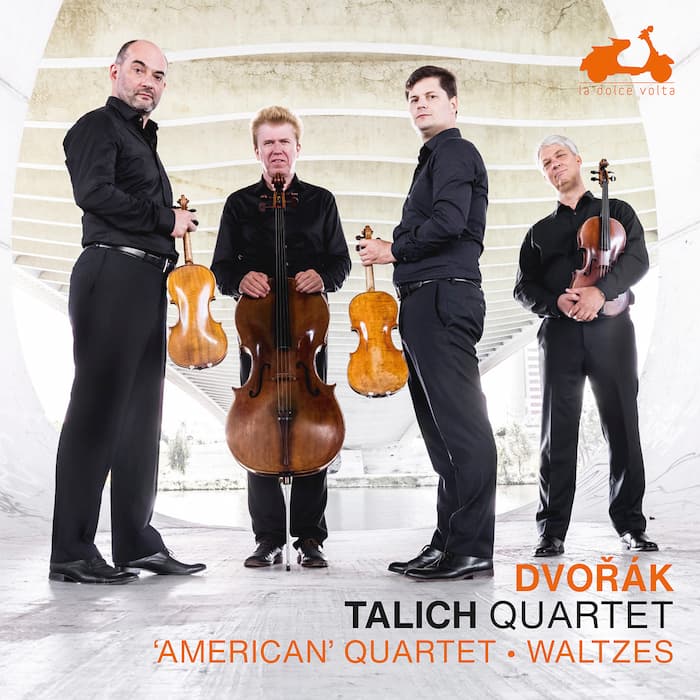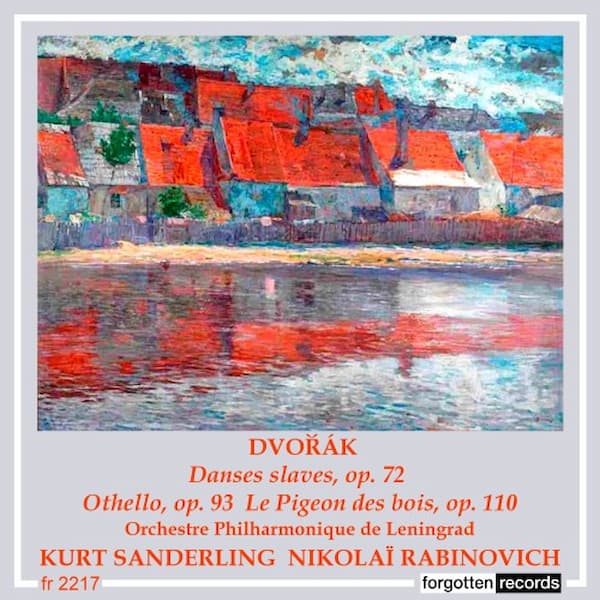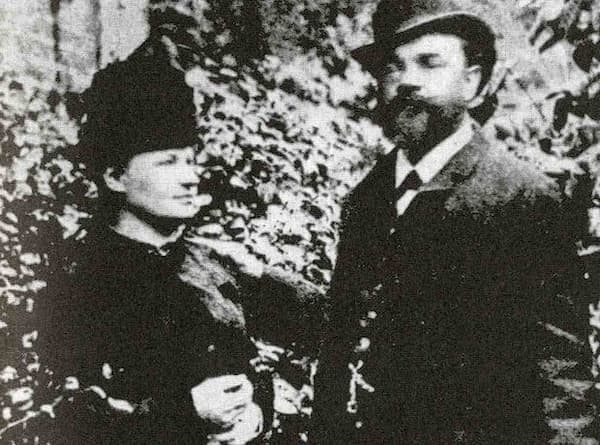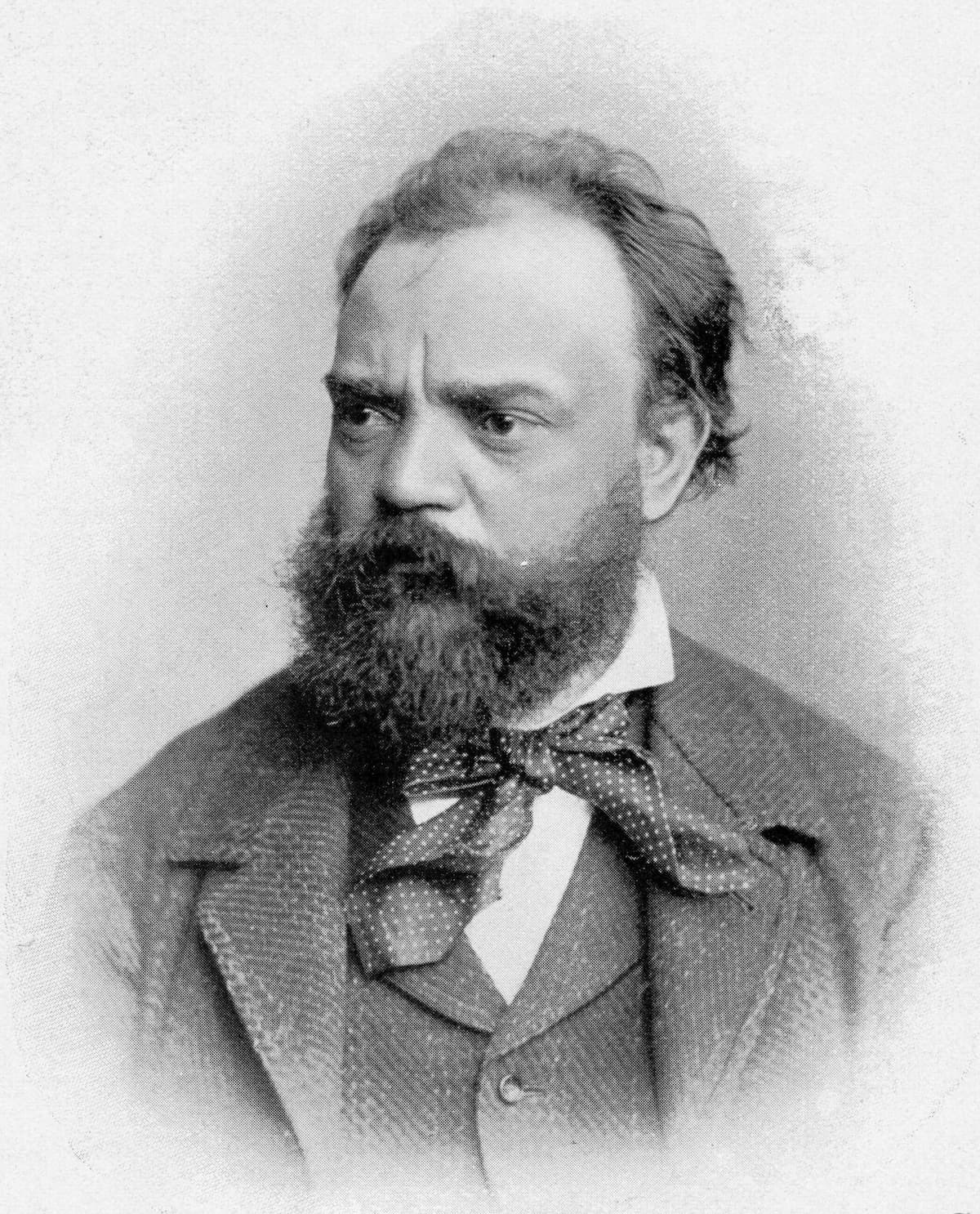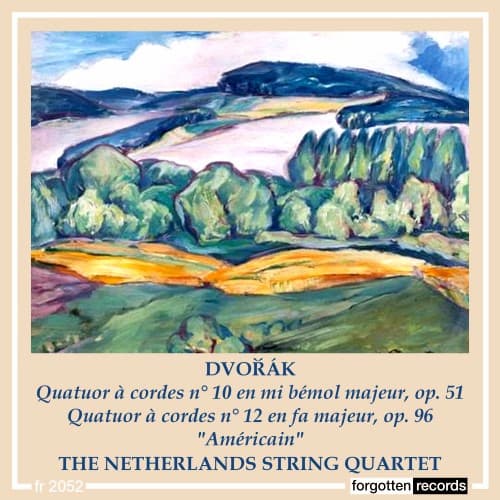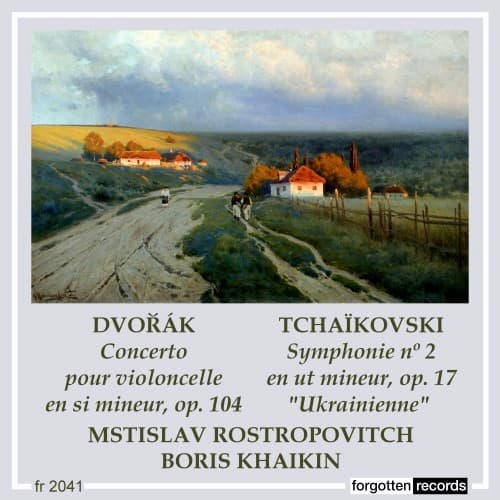The great Czech composer Antonín Dvořák is not really known for his piano music. Standing in the shadows of such masters as Schumann and Brahms, Dvořák’s piano music is nevertheless a significant part of his oeuvre. His solo piano compositions
Dvorak
In the spring of 1892, about 6 months before he departed to lead the National Conservatory in America, Czech composer, Antonín Dvořák’s music publisher asked him to write a little ‘humoresque’. He complied with a lovely little piano piece in
Antonín Dvořák’s time in America (1892–1895) was brief but important, not only helping him break into a more modern style but also helping American composers look inward for inspiration and not towards Europe. His String Quartet No. 12, nicknamed the
Antonín Dvořák (1841–1904) loved the poetry of Karl Jaromir Erben, particularly his collection of Czech folk ballads, The Garland, published in 1853. Starting in 1896, once he’d finished his nine symphonies and his other major orchestral works, Dvořák used the
When Antonín Dvořák was a young man, he gave piano lessons to make ends meet. One of his students was a young woman named Josefína Čermáková. She was very beautiful and talented and would become one of the best-known theatre
An extraordinary premiere took place in Brno, Moravia, on 4 October 1936. Czech conductor Milan Sachs raised his baton to début the 1st Symphony by Antonín Dvořák. A critic wrote, “although the writing was at times awkward, the orchestration is
In his three-year stint (1892-1895) as artistic director of the National Conservatory of Music in America, Czech composer Antonín Dvořák caused a fundamental change in American classical music. As an outsider coming into the New World, he could better appreciate
When he went to the US in 1891 to become the head of the American Conservatory of Music in New York, Antonín Dvořák’s patron, Mrs. Jeannet Thurber, intended him to be the founder of not only the first conservatory in

